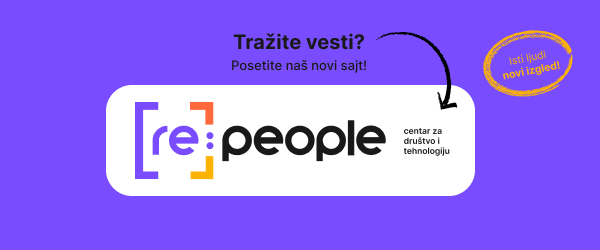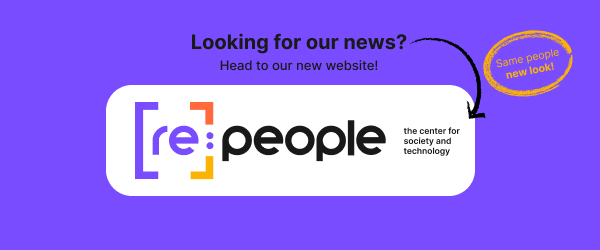The future of work in Serbia
The Public Policy Research Center's program "The Future of Work in Serbia" opens the debate on changing the character of work in the context of the latest industrial revolution (the so-called 4.0) and the digital transformation of the world.
Progress in automation and digitization is rapidly changing the structure of local economies. Serbian economy is not an exception. The integration of digital technologies in everyday life and in the field of work, the transition from labour-intensive to technologically-intensive sectors in Serbia, and the increase in the number of workers from Serbia in the so-called gig economy have led to a number of different challenges. They are reflected in the segmentation and atomization of the labour market, the spread of the digital divide and the creation of new forms of inequality, the absence of legal regulation in this area, as well as the erosion of social security programs. All these processes are taking place in an environment of slow economic growth and low productivity. These changes have and will have, a powerful effect on supply and demand of labour and on modalities and quality of work contracts. Also, new types of jobs and new, often flexible, forms of employment business conditions, the demand for different skills, the nature of work, and the change in the income structure of individuals, families and communities. Consequently, the redefinition of the state, employer and employee relations and the creation of new forms of representation of their rights seems necessary in the context of the future of work. In addition, such changes raise the question of how to connect and represent the interests of workers and the future of social dialogue. Therefore, it is increasingly pertinent to talk about the future of work in the status quo.
These changes will be especially challenging for developing countries such as Serbia. Digitization either offers a chance to bridge the technological gap and to join developed countries, or it can push them further into the periphery. The positive or negative natures of the outcomes of automation and digitization will depend, inter alia, on institutional frameworks, economic and human resources, sectoral and geographical mobility, and society's resilience to disruptive changes.
That is why the Public Policy Research Center - building on its expertise gained in the field of social inclusion, social capital and security - decided to build the future of work into its brand new research portfolio. Questions to be answered by the program, among others, are: How does digital transformation affect structural, social and behavioural trends in shaping work in Serbia? In what ways can different economic sectors and workforces benefit from the technological change? How can we ensure the principles of decent work in the gig economy? What are the most effective regulatory strategies for developing inclusive social protection programs in the context of ever-changing character of work and simultaneous weakening of the welfare state?
PPRC continues, in this program, to foster a multidisciplinary approach and cooperation with a wide range of partners to identify key challenges and develop the responses necessary for creating an inclusive Serbian society.
- The same, but completely different: how to standardize platform work in Serbia? (2022-2023)
- See me, hear me: Advocating for legal solutions fit for new forms of work (2022)
- Fairwork Serbia 2021 - 2023
- Workers' dignity in the digital age: How to set standards for new forms of non-standard work in Serbia? (2021-2022)
- All-seeing eye: employee surveillance in times of remote work (2021)
- Serbia Innovates 2020-2021
- Did Covid-19 thought us to work from home? (2020)
- Decent work in the digital era: do call centre workers in the Western Balkan know whom to call? (2020)
- White collar, blue collar platform workers in Serbia – sizing their number, the scope of work and career paths (2020)?
- Gigmetar (2020)
- East and South-East Europe – New Digital Frontier (2020)
- Disruptive Innovators: Decent Work Prototypes for Serbia in the Digital Age (2019)
- Digital competences of male and female workers in Serbia (2019)
- Startups in the South East Europe: potentioas and challenges (2019)
- DEA – Digital Entrepreneurship Awakening: From new vulnerabilities to economic empowerment of women in Serbia (2018/2019)
- Digging into Digital Work in Serbia: Who are crowdworkers from Serbia and why they work on global digital platforms? (2018)







